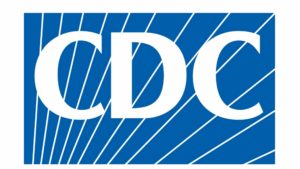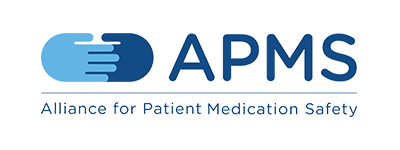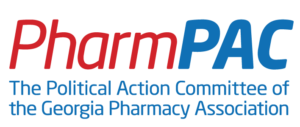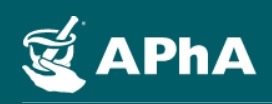CDC Recommends Pfizer Booster
https://www.cdc.gov/coronavirus/2019-ncov/vaccines/booster-shot.html

Now that recommendations for the Pfizer-BioNTech COVID-19 vaccine boosters have been announced by the CDC you may need some clarity on what it means for you and your patients. We’ve compiled the latest information so you can clearly communicate and speak confidently about booster doses in your pharmacy, including who can get a booster dose, how to verify eligibility, and how to document receipt of the vaccine.
Booster Does Eligibility
A single Pfizer-BioNTech COVID-19 vaccine booster dose is now recommended for specific individuals at least 6 months after completing their Pfizer-BioNTech primary series. Pharmacists can begin to administer these doses to eligible individuals.
The following individuals should receive a booster dose:
The following individuals may receive a booster dose:
- Persons aged 18-49 years with underlying medical conditions based on their individual benefits and risk
- Persons aged 18-64 years who are at increased risk for COVID-19 exposure and transmission because of occupational or institutional setting, based on their individual benefits and risks. (This would include healthcare workers, teachers, and other essential workers.)
CDC will be releasing further detailed updates to their Interim Clinical Considerations for Use of COVID-19 Vaccines with more information in the coming days.
|
Below are some of the top questions we’re hearing from pharmacists. You can access answers to common patient questions on CDC’s new booster webpage.
|
|
|
|
|
|
How should I verify and document a booster dose of Pfizer-BioNTech COVID-19 vaccine?
Patients should be encouraged to bring their COVID-19 vaccination cards with them for their vaccination appointment. Pharmacists can document this dose in the boxes designated for “other” that appears underneath the second dose listed on the patient’s COVID-19 vaccination card. If they don’t have their card, and it is feasible to access the IIS, the provider should verify previous doses. Pharmacists can re-issue a new vaccination card to individuals who lost their original card only if the pharmacist verifies within the IIS, prescription profile, or patient medical record that a patient received the first two doses of Pfizer-BioNTech COVID-19 vaccine.
|
|
|
|
|
|
Do I need to verify that the patient has underlying medical conditions?
Pharmacists can obtain patient-self attestation to verify the patient’s eligibility to receive the vaccine. Reference CDC’s list of underlying medical conditions for more information about eligibility.
|
|
|
|
|
|
Can individuals who received a primary vaccine series with the Moderna or Janssen (J&J) COVID-19 vaccines receive a booster dose of the Pfizer-BioNTech COVID-19 vaccine?
No. Only certain individuals, as outlined above, who received the Pfizer-BioNTech COVID-19 vaccine for their first two doses (primary series) can at this time receive a booster dose. Further evaluation of available data is needed to determine whether individuals who received a primary series of Moderna or Janssen (J&J) COVID-19 vaccines should receive a booster dose.
|
|
|
|
|
|
Can COVID-19 vaccines be given at the same time as a flu vaccine or other vaccine?
Yes. There is no need to space out other vaccines, such as the flu and COVID-19 vaccines. Pharmacists should emphasize that all of their vaccine needs can be met in one visit to the pharmacy, whether coming for a booster dose or any dose of the COVID-19 vaccine. Providers should administer vaccines in different arms, space vaccinations by at least one inch if injecting more than one vaccine in an arm, note which vaccine was administered in which location, and discuss potential post-vaccination symptoms effects and their management with the patient.
|
|
|
|
|
|
Should patients seek a booster dose earlier than 6 months?
No. When a booster dose is given less than 6 months after the second dose, the resulting immune response may not be as robust as it could have been if the patient waited the recommended interval. It is in the patient’s best interest to wait at least 6 months before seeking a booster dose.
|
|
|
|
|
|
What should patients expect after their third dose?
Patients may experience post-vaccination symptoms such as fever, head or muscle aches, and fatigue like the first two doses. Patients should be monitored for 15-30 minutes after vaccination. During that time, remind them to enroll and use V-safe to track how they feel and as a provider, be sure to report any adverse events to VAERS.
|
|
|
|
|
|
With the introduction of third doses for Pfizer-BioNTech vaccines, how is “fully vaccinated” defined?
Currently, patients who have received the initial 2-dose series of the Pfizer-BioNTech vaccine are considered fully vaccinated.
|
|
|
|
|
|
|
|














